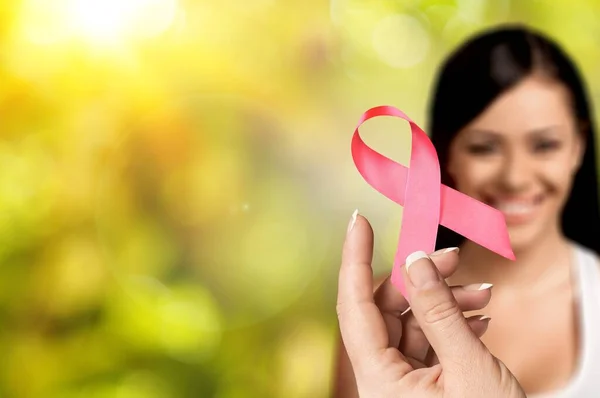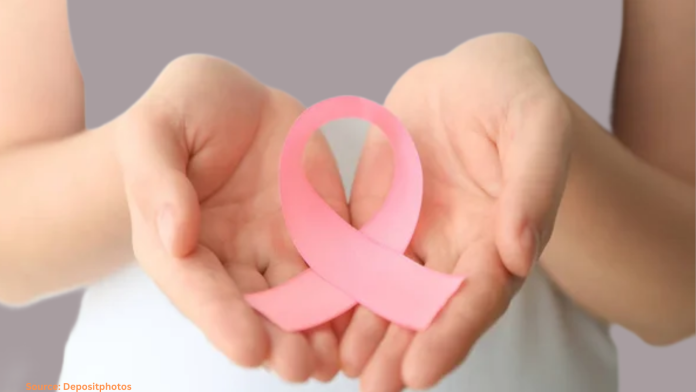Cancer is a word that evokes fear and uncertainty. As an oncologist specializer, I understand the weight of this concern and reduce cancer risk. but what if I told you that nearly half of cancer deaths could be prevented with lifestyle changes, new research finds? An estimated 40% of all cancer cases and 44% of all cancer deaths in adults over 30 years old in the United States were attributable to specific lifestyle risk factors. In this article, I will guide you through the modifiable risk factors associated with cancer, the role of healthy habits in prevention, how to navigate family history, and expert advice to help you on your journey toward a healthier life.

What Are Modifiable Risk Factors?
Modifiable risk factors are lifestyle choices that you can change to lower your chances of developing cancer. Understanding these factors is crucial because they represent actionable steps you can take to protect your health.
Key Modifiable Risk Factors
- Tobacco Use: Smoking is the leading cause of preventable cancer, linked to cancers of the lung, mouth, throat, pancreas, bladder, and more. Even exposure to secondhand smoke can increase your risk.
- Diet and Nutrition: Your diet plays a significant role in cancer prevention. A diet high in fruits, vegetables, whole grains, and healthy fats can lower your risk. Conversely, diets high in processed foods, red meat, and sugars can increase it.
- Physical Activity: Regular exercise helps maintain a healthy weight and can directly reduce the risk of cancers such as breast and colorectal cancer. The World Cancer Research Fund (WCRF) recommends at least 150 minutes of moderate aerobic activity weekly.
- Alcohol Consumption: Excessive alcohol intake is linked to several types of cancer, including breast and liver cancer. Limiting alcohol or abstaining altogether can significantly reduce your risk.
- Obesity: Being overweight or obese is associated with an increased risk of various cancers, including breast, prostate, and colon cancer. Maintaining a healthy weight is crucial.
- Sun Exposure: Skin cancer is one of the most preventable cancers. Protecting your skin from excessive sun exposure and using sunscreen can lower your risk.
- Infections: Certain infections, such as HPV and Hepatitis B, can increase your risk of cancer. Vaccinations and practicing safe sex can help prevent these infections.
The Role of Healthy Habits in Cancer Prevention
Adopting healthy habits is not just about avoiding risk factors; it’s also about actively engaging in behaviors that promote well-being. Let’s explore how you can integrate these habits into your life.
Dietary Choices
A healthy diet is foundational in cancer prevention. Research indicates that individuals who adhere to a Mediterranean diet—rich in fruits, vegetables, whole grains, nuts, and healthy fats—experience a reduced risk of breast cancer. This diet emphasizes:
- Fruits and Vegetables: Aim for a variety of colors to ensure a wide range of nutrients. Studies show that diets high in fruits and vegetables can lower the risk of many cancers.
- Whole Grains: Foods like brown rice, quinoa, and whole wheat bread provide fiber, which is beneficial for digestive health and may lower colorectal cancer risk.
- Healthy Fats: Replace saturated fats with healthy fats from sources like olive oil and avocados. These fats support heart health and may also play a role in cancer prevention.
- Limit Red and Processed Meats: Research has shown that high consumption of red and processed meats is linked to an increased risk of colorectal cancer. Opt for lean proteins like fish, poultry, and plant-based sources.
Physical Activity
Physical activity is another cornerstone of cancer prevention. Engaging in regular exercise not only helps control weight but also has direct protective effects against cancer.
- Types of Exercise: Incorporate both aerobic exercises (like walking, running, or cycling) and strength training into your routine. Aim for at least 30 minutes of moderate activity most days of the week.
- Benefits of Exercise: A study published in Biomed Central found that for each point increase in adherence to lifestyle recommendations, overall cancer risk decreased by 7%. For site-specific cancers, the reductions were even more pronounced, with breast cancer risk dropping by 10% for each point.
How to Prevent Cancer if It Runs in the Family
If cancer runs in your family, you may feel a sense of urgency to take preventive measures. While you cannot change your genetic makeup, there are steps you can take to mitigate your risk.
Understanding Genetic Predisposition
Certain cancers have hereditary components, meaning that mutations can be passed down through families. For example, mutations in the BRCA1 and BRCA2 genes significantly increase the risk of breast and ovarian cancers.
- Genetic Testing: If you have a family history of cancer, consider discussing genetic testing with your healthcare provider. This can help identify specific risks and guide preventive strategies.
Regular Screenings
Early detection is key in managing cancer risk, especially for those with a family history. Regular screenings can catch cancers at an earlier, more treatable stage.
- Recommended Screenings: Depending on your family history and risk factors, you may need to start screenings earlier or have them more frequently. Common screenings include mammograms, colonoscopies, and Pap tests.
Lifestyle Modifications
Even with a family history of cancer, adopting a healthy lifestyle can significantly reduce your risk.
- Healthy Weight: Maintaining a healthy weight through diet and exercise can help mitigate the risk of developing cancer.
- Healthy Eating: Following the dietary guidelines mentioned earlier can provide protective benefits.
- Avoiding Tobacco and Limiting Alcohol: These are critical steps in reducing your cancer risk, regardless of family history.
Expert Advice
To further enhance your understanding of cancer prevention, I consulted with leading health professionals in the field. Here’s what they recommend:
- Personalized Health Assessments: Work with healthcare providers to assess your individual risk factors and create a tailored prevention plan.
- Stay Informed: Keep up with the latest research on cancer prevention. The field is constantly evolving, and new studies can provide insights into effective strategies.
- Community Support: Engage in community programs focused on healthy living. Support from peers can motivate you to maintain healthy habits.
FAQs
Q. Can cancer be completely prevented?
A. While it is impossible to guarantee that cancer can be completely prevented, adopting a healthy lifestyle can significantly reduce your risk. Studies suggest that up to 50% of cancer cases are preventable through lifestyle changes.
Q. What are the best dietary practices for cancer prevention?
A. Focus on a diet rich in fruits, vegetables, whole grains, and healthy fats while limiting red and processed meats, sugary beverages, and alcohol. The Mediterranean diet is often recommended for its protective benefits.
Q. How often should I get screened for cancer?
A. Screening recommendations vary based on your age, gender, and family history. Consult with your healthcare provider to determine the best screening schedule for you.
Q. What role does stress play in cancer risk?
A. While stress alone does not directly cause cancer, chronic stress can lead to unhealthy behaviors such as poor diet, lack of exercise, and smoking, which can increase cancer risk. Managing stress through mindfulness, exercise, and social support is beneficial.
Conclusion
As we navigate the complexities of cancer prevention, it’s essential to recognize that you have the power to influence your health through your choices. By understanding modifiable risk factors, adopting healthy habits, and seeking expert guidance, you can significantly reduce your risk of cancer.
Remember, the journey to health is not a sprint but a marathon. Each small change you make can lead to substantial benefits over time. I encourage you to take charge of your health, stay informed, and support those around you in their efforts to lead healthier lives. Together, we can unlock the secret to cancer prevention and foster a future where fewer people are affected by this daunting disease.
Also Read: Optimal Treadmill Workout Times for Weight Loss



